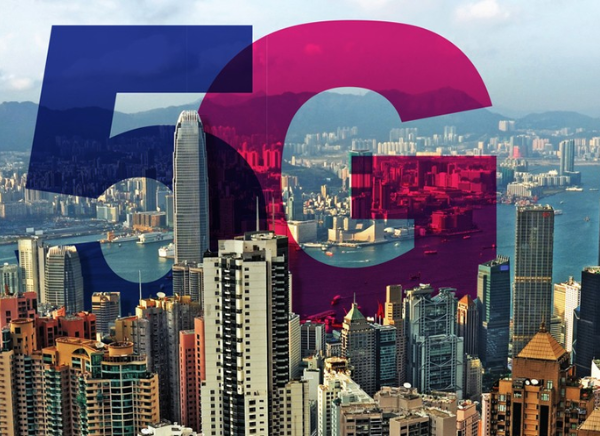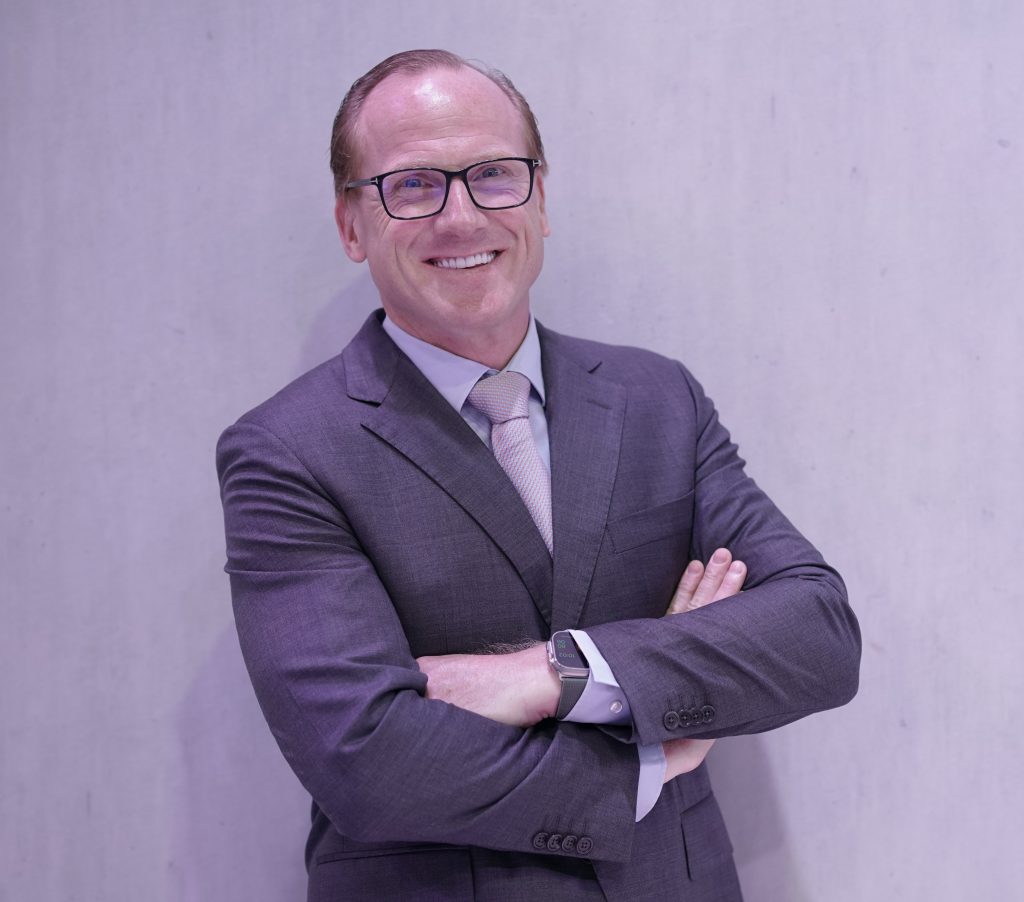
According to the latest edition of the Ericsson Mobility Report released in June 2023, 5G subscriptions are expected to reach 1.5 billion worldwide by the end of the year. The report highlights the Gulf Cooperation Council (GCC) countries as pioneers in global 5G network deployments and service offerings. This achievement is attributed to the region’s robust regulatory policies, supportive frameworks, and public sector initiatives that have accelerated the growth of the 5G market. Projections indicate that 5G subscriptions in the GCC will soar from 13 million in 2022 to 70 million by 2028, representing a staggering 86 percent of the total subscriber base.
With 4G currently accounting for 73 percent of total subscriptions, the report predicts a 29 percent annual decline in 4G subscriptions as users increasingly transition to 5G. This shift is driven by the availability of enhanced mobile broadband (eMBB) and Fixed Wireless Access (FWA) services. Moreover, service providers are actively exploring enterprise opportunities, aligning with ongoing digital transformation projects across various industries.
Despite slower growth in overall subscriptions, the GCC countries are projected to experience an increase in data traffic. The average data usage per smartphone is expected to rise by 15 percent annually from 2022 to 2028, reaching a monthly average of 59 GB. This surge in data consumption is attributed to the growing adoption of data-intensive services and the implementation of 5G for various industrial use cases, ultimately contributing to a significant boost in total data traffic.

Nicolas Blixell, Vice President and Head of Gulf Council Countries at Ericsson Middle East and Africa, emphasizes the GCC region’s leading position in 5G deployments globally. He credits the strong regulatory policies, frameworks, and diverse 5G service offerings for propelling the region’s progress. Blixell highlights the remarkable advancements in the GCC, citing Oman as an example where 43 percent of all broadband connections are Fixed Wireless Access. In 2022 alone, Oman experienced a staggering 95 percent annual increase in 5G Fixed Wireless Access revenue.
Globally, approximately 240 communications service providers (CSPs) have launched commercial 5G services, with 35 of them deploying or launching 5G standalone (SA) networks. The most common 5G services provided to consumers by service providers include enhanced mobile broadband (eMBB), Fixed Wireless Access (FWA), gaming, and certain augmented reality/virtual reality (AR/VR) applications such as training and education. Currently, over 100 CSPs, constituting about 40 percent of FWA service providers, offer FWA over 5G. By 2028, it is estimated that 5G will account for nearly 80 percent of all FWA connections.
The June 2023 Ericsson Mobility Report features four comprehensive articles that delve into various topics, including the impact of traffic patterns on network evolution, the potential for differentiated services with 5G networks, the role of mobile networks in enabling augmented reality (AR) experiences, and network readiness for new services to ensure a high-quality mobile experience.